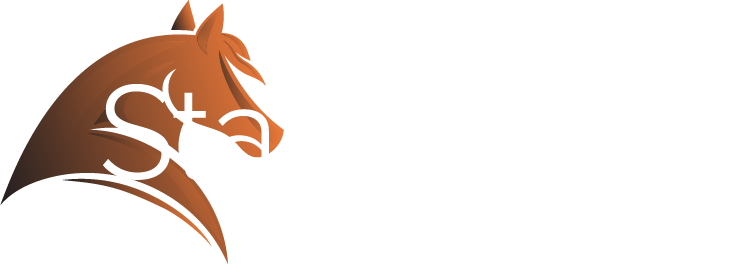
Running a Stable on a Budget
Running a stable can be a fun and interesting proposition. Being able to work with horses and spend time with people as passionate about equestrianism as you are can make stable management a very fulfilling profession. Read on to learn how you can make your business successful and keep a budget.
What is a Budget? Do I Need One?
Absolutely! Every successful business needs a budget. The budget is the financial plan for your business; it takes into account all of the planned expenses and revenues that you expect in your operations.
The purpose of your budget is to provide a forecast of revenues and expenditures. When reviewed in conjunction with financial statements, it enables the actual financial operations of the business to be measured against the projected forecast. Knowing where you stand can allow you to do planning for things such as expansion or renovation for your stables.
What is Included in My Horse Stable Budget?
When planning your budget, you need to make sure that you are including all of your income from boarding, lessons, training, clinics, arena rentals, trailering fees, products, shows and horse sales.
When listing your expenses, you will want to make sure that you include both variable and fixed expenses. Variable expenses would include things such as hay, feed concentrate, bedding, labor, supplies, veterinary care and workmen’s compensation. The fixed expenses would include your mortgage, liability insurance, property taxes, repairs or maintenance, telephone and utilities and website.
What Other Income Can I Generate?
Once you have all of your income and expenses recorded, you may be surprised to see that you are not bringing in the profit that you would like to see.
You may start to take a closer look at where your income is coming from. If you allow outside trainers to give lessons in your arena, it is advisable to charge a facility or usage fee to offset the cost imposed on your property by wear and tear on your arena footing.
It is also important to ensure that your trainers have appropriate professional insurance that includes your facility. If one of the riding students is injured at your facility during their lesson, you could face ligitious action, so make sure your facility is named on their policy.
Selling products, selling manure or renting storage space are other possible sources of revenue; as is charging trailering fees. If you have a large facility, hosting shows could generate both revenue through show premiums and interest in your facility. Renting out your spaces for events or hosting clinics can generate interest and raise some extra money for your business.
Can I Reduce My Expenses?
Your fixed expenses remain the same regardless of how many horses are in your stable. Your variable expenses are impacted by not only the number of horses, but also the specific needs of those horses on a day-to-day basis.
Some will need more feed concentrate or hay while others may require veterinary care. Using interns or students to temporarily help out around the stables can help you defray some of those labor costs but in order to keep skilled, seasoned employees, you will need to pay a living wage. Being able to keep employees for a long time is more economical than having to constantly train new employees.
How Do I Manage All of This?
As you can see, keeping a close eye on all of your expenses and revenue is very important. Keeping track of your expenses makes it possible to run your horse stable on a budget.
Using software that can help you keep track is a wise investment. Stablebuzz is the best wraparound software that you can find to help you stay on top of all of your revenue and expenses. Stablebuzz allows you to break down expenses per animal and even run reports of income and expenses or profit and loss for defined periods of time or for each horse.
For more informative equestrian blog posts, check out our blog.
For more information about Stablebuzz stable management software, click here.



